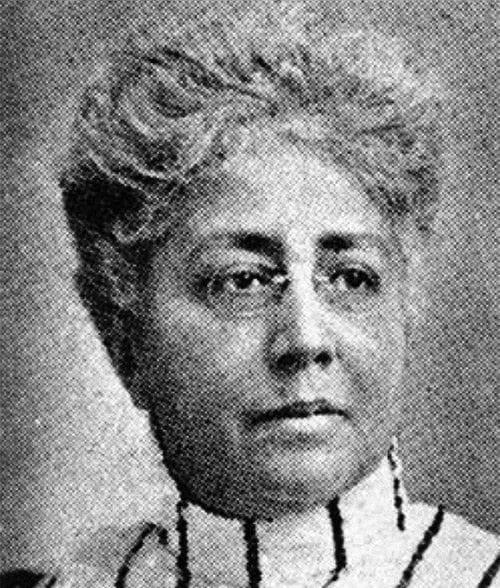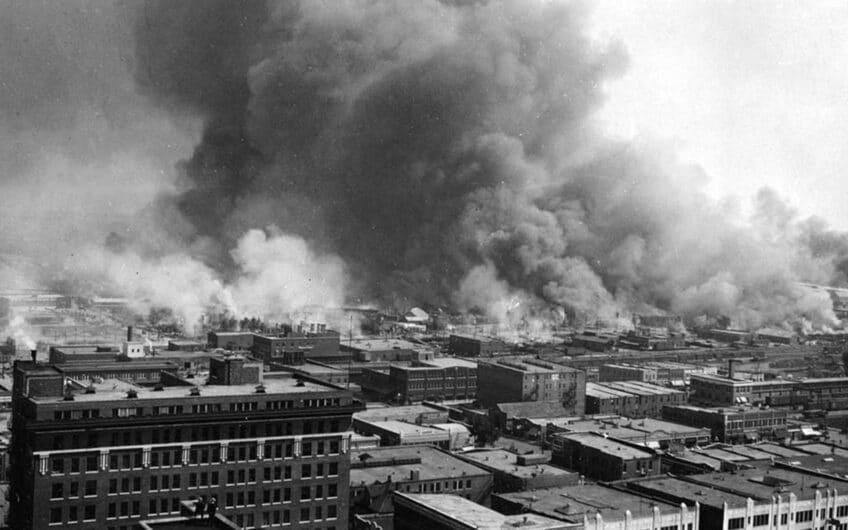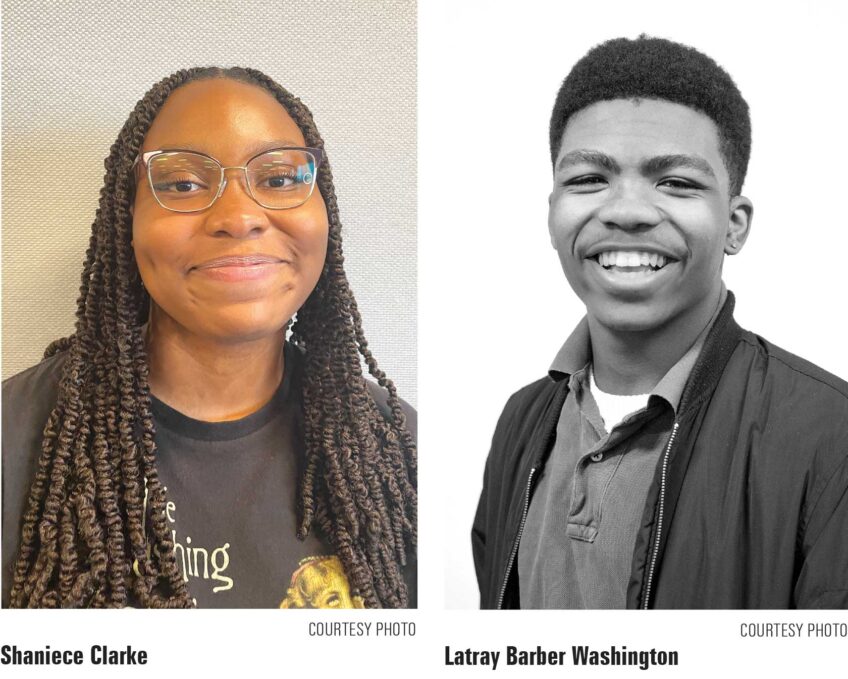Josephine St. Pierre Ruffin: A pioneer in the black women’s club movement

Known as a pioneer in the black women’s club movement, journalist, suffragist and civil rights activist, Josephine St. Pierre Ruffin issued the first call for a national convention of African American women and thus laid the groundwork for the eventual formation of the National Association of Colored Women.
Family life
Young Josephine was reared in a home of refinement, culture and comparative luxury. She was born in Boston on August 31, 1842, the sixth of nine children. Her father, John St. Pierre, was a Martiniquais clothier of French, Indian and African ancestry, and her mother, Eliza Mahinnick, was an Englishwoman from Cornwall.
Avoiding the segregated schools of Boston, her parents sent her to public schools in Charlestown and Salem. After Governor Henry J. Gardner signed into law in 1855 a bill outlawing separate schools for black children, she returned to Boston and completed her education at the Bowdoin School on Myrtle Street — a school for girls.
On June 30, 1858, she married George Lewis Ruffin, a barber from Richmond, Virginia. He would become the first African American graduate of Harvard Law School, the first elected to the Boston Common Council, and — years later on November 19, 1883, when he was confirmed as a Charlestown Municipal Court judge — the first African American north of the Mason-Dixon Line to hold a judicial office higher than magistrate.
Immediately after their wedding, the couple set sail for Liverpool, England, intending to raise their children in a country where slavery had been abolished. But they soon returned to America, prepared to take part in the struggle for black freedom. They had five children: Hubert St. Pierre Ruffin, Florida Y. Ruffin, Charles Stanley Ruffin, George Lewis Ruffin Jr., and Robert Ruffin.
Good works
Short in stature and plump, Josephine Ruffin was an intelligent and pragmatic woman. W. E. B. Du Bois described her as “an aristocratic lady, with olive skin and high piled masses of white hair.” Another contemporary observer noted that she was thoroughly progressive and always in touch with the spirit of the times. Still another found her to be a “woman of fine personality.” He added that she dressed with taste and her presence was stately.
During the Civil War, Ruffin helped to recruit soldiers for the 54th and 55th Massachusetts regiments and volunteered her time working with the U.S. Sanitary Commission, a relief agency that cared for sick and wounded Union soldiers and promoted clean and healthy conditions in the Union Army camps. Moreover, she dedicated her efforts to performing charitable work. In January 1875, for example, she established and headed the West End Relief Association — an organization whose goal was to provide a home to destitute children. And in late April 1879, she helped form and became founding president of the Colored Women’s Refugee Aid Society. Its purpose was to offer assistance to poor black refugees fleeing the post-Reconstruction South.
A civic-minded woman, Ruffin held leadership positions in several organizations. On August 13, 1887, she was elected president of the newly formed West End League of the Massachusetts Woman Suffrage Association, and on January 1, 1889, she became an executive committee member of Boston’s Colored National League — a non-partisan organization devoted to the welfare of the race.
Ruffin also founded the Association for the Promotion of Child Training in the South, whose aim was to aid kindergarten work in Southern cities.
Women’s Era Club
With the help of her daughter, Florida Ruffin Ridley, and Maria Louise Baldwin, Ruffin established and became founding president of the Woman’s Era Club in 1893. Composed chiefly of prominent black women of Boston and the vicinity, the club performed educational work generally, and its main feature was its division into various committees, such as ways and means, domestic science, philanthropy, temperance, current events and moral reform.
Club members also devoted their efforts to women’s suffrage and matters pertaining to the race — particularly anti-lynching reform. With a membership of as many as 133 women at its height, the Woman’s Era Club met twice a month and discussed the burning issues of the day. Taken from the abolitionist and women’s rights activist Lucy Stone, the club’s slogan was “Help to make the world better.”
Ruffin wrote for the Boston Courant and was the first African American member of the New England Woman’s Press Association. She was also a charter member of the Moral Education Society. Though often identified with public movements, she never held public office.
In 1894, Ruffin and her daughter, Florida, founded the Woman’s Era — the first monthly journal ever published by and for African American women. They touted their publication as “the organ of the Woman’s Era Club,” but it was devoted to the interests of black women’s clubs, leagues and societies throughout the country as well.
First National Conference of Colored Women of America
With the aim of bringing African American women together for discourse on issues of vital concern to them and creating a permanent national black women’s organization, Ruffin organized the first National Conference of Colored Women of America. The idea of a national conference came about as a natural result of communications established between the Woman’s Era and its regional correspondents. She called for a convention in the May 1894 issue of her publication.
A national conference had been under consideration for more than a year when the appearance in 1895 of a letter written by John W. Jacks hastened the call for one. He was president of the Missouri Press Association and editor of the Montgomery Standard—a newspaper in Montgomery City, Missouri. Jacks wrote a libelous letter to Florence Balgarnie, an Englishwoman and the Honorable Secretary of the Anti-Lynching Committee of London, in which he denigrated black women as prostitutes, liars and thieves, and disparaged white women who championed antilynching reform.
Balgarnie forwarded the letter to Ruffin, who enclosed it with a flyer, entitled “A Call: Let Us Confer Together,” and mailed it to black women’s clubs throughout the country. She said that the Jacks letter, “too indecent for publication,” reflected upon the moral character of all black women. Ruffin advised, “Read this document carefully and use discriminately and decide if it be not time for us to stand before the world and declare ourselves and our principles. The time is short, but everything is ripe; and remember, earnest women can do anything.”
African American women from all parts of the country converged on Boston from July 29 to August 1, 1895 for the first National Conference of Colored Women of America. On its opening day, participants assembled at Berkeley Hall. The platform was decorated with palms and potted plants, a portrait of Lucy Stone was exhibited on an easel, and on a table to the right of the platform were several books written by black women. As Ruffin called the convention to order, she said, “We are not here for long speeches. We feel that a gathering of this sort, the first of the kind ever held in this country, is of great importance.” Hanna Smith of Boston read the initial roll call, which revealed eighty-four delegates representing fourteen states, the District of Columbia, and more than forty-two black women’s clubs. Twelve more clubs reported in the afternoon session, increasing the number of delegates to 104.
Part of the afternoon session was allotted to the reading of reports of the various women’s leagues and clubs. The consensus of opinion, derived from those reports, was that black women were steadily advancing in mental, moral and physical attainments, that by unifying throughout the country they would gain strength in order to protect themselves from outrage and slander, and that they were anxious to be seen and judged in a fairer and broader light than they had been in the past.
Alliance of progress
The evening session began at 8 p.m. with Ruffin delivering the keynote address. Underscoring three chief reasons why black women from all over the country should convene a conference, she said, “In the first place we need to feel the cheer and inspiration of meeting each other; we need to gain the courage and fresh life that comes from the mingling of congenial souls of those working for the same ends.”
Second, she said that they needed to talk over not only those things which were of vital importance to them as women, but also the things that were of special interest to them as black women: “the training of our children, openings for boys and girls, how they can be prepared for occupations and occupations may be found or opened for them, what we especially can do in the moral education of the race with which we are identified, our mental elevation and physical development, the home training it is necessary to give our children in order to prepare them to meet the peculiar conditions in which they shall find themselves, and how to make the most of our own, to some extent, limited opportunities.”
Ruffin left until last her discussion of the most important reason for conferring: to change the dominant perception that black women were generally ignorant and immoral and to disprove those “unjust and unholy charges.” This was to be accomplished not just through individual effort, but through the efforts of an army of organized African American women “standing for purity and mental worth.”
A staunch integrationist, Ruffin remarked, “We are not alienating or withdrawing. We are only coming to the front, willing to join any others in the same work and cordially inviting and welcoming any others to join us.” The clubwoman concluded, “If any differences arise, let them be quickly settled, with the feeling that we are all workers to the same end, to elevate and dignify colored American womanhood.” She hoped that a national black women’s organization — one that would actually bring in a new era —would spring from the conference.
Among the papers read on the first day were those by Washington, D.C. delegates Ella L. Smith, who read one on “Woman and the Higher Education,” Oberlin College graduate Anna “Annie” Julia Cooper, who read one on the “Need of National Organization,” and Helen Appo Cook, president of the National League of Colored Women, who read one on “The Ideal National Union.”
This story continues next week.






